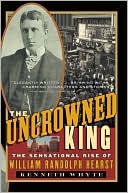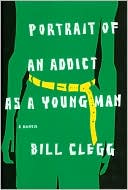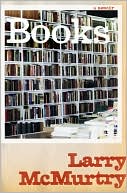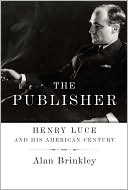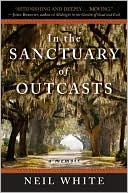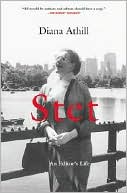The Uncrowned King: The Sensational Rise of William Randolph Hearst
Search in google:
More than a century ago, a young William Randolph Hearst stormed the Manhattan publishing establishment and usurped Joseph Pulitzer as the dominant force in the most hotly contested newspaper market the world has ever seen. In three years, Hearst built the foundation of one of America's greatest media empires, yet his reputation as a journalist has always been haunted by allegations of sensationalism, self-promotion, warmongering, and outright fakery. In this major re-estimation of Hearst's early years at his New York Journal, renowned newspaper editor and magazine publisher Kenneth Whyte brings to life the early career of the world's first great media mogul. His lively, riveting, page-turning recreation of Hearst's New York years reveals a progressive young man of high ideals and huge ambition: hardly the Citizen Kane of popular imagination. Bursting with larger-than-life personalities, The Uncrowned King is a provocative addition to the shelf of great books of popular social history—one that will change forever the way we remember one of the most powerful and fascinating citizens of the twentieth century. The Barnes & Noble Review Canadian journalist Kenneth Whyte wants you to forget everything you think you know about William Randolph Hearst. In this lively revisionist biography of the newspaper icon, which covers the three years after his 1895 purchase of the New York Journal, Whyte argues that Hearst's terrible reputation, solidified by Orson Welles's thinly disguised portrait in the "scurrilous" Citizen Kane, is undeserved. True, Hearst's Journal engaged in a cutthroat circulation war with Joseph Pulitzer's New York World, pursued its share of lurid and sensationalistic stories (the phrase "yellow journalism" was coined in relation to the two men's rivalry). But Whyte ably demonstrates that Hearst, barely into his 30s when he took over the Journal, just as often published substantive coverage of political and social issues. The book focuses on two key events in the paper's maturation, the dramatic 1896 presidential election between William Jennings Bryan and William McKinley and the 1898 Spanish-American War. W. A. Swanberg's influential -- and unflattering -- 1961 biography, Citizen Hearst, called Hearst's coverage of the run-up to the war "the most disgraceful example of journalistic falsehood ever seen." Whyte, however, denies that Hearst attempted to instigate a war to drive up circulation, casting doubt on what he calls the publisher's "most famous utterance," a telegram to a Journal artist who'd asked permission to leave Cuba because "there will be no war": "You furnish the pictures, and I'll furnish the war." After the American victory, Hearst called a truce with Pulitzer, and both men toned down their papers' excesses, bringing a close to a fierce and fascinating episode in the history of American journalism. --Barbara Spindel
Author's Note 1Prologue: Nothing By Halves 31 When He Wants Cake, He Wants Cake 72 Is God In? 473 A Great Deal More Than Money 764 A Kind of Rumba Accompanied by Snapping Fingers 995 Like a Blast Furnace, a Hundred Times Multiplied 1216 A Large Brute of Some Utterly New Species 1457 Skin the East and Skin the Rich 1678 Four Sensations and the Morals Police 1969 Two Warm Babes and a Hot Hansom 22710 Taking Chances No Correspondent Ever Took 25511 Only a Hero Can Sit for a Month on a Hotel Porch 27912 To Slay a Dragon and Free a Damsel in Distress 31213 Uncrowned King of an Educated Democracy 34014 Suddenly the Dinnerware Began to Vibrate 36215 As I Write, Ambulance Trains Are Bringing the Wounded 40016 Standing in the First Rank of American Journalism, Feeling Blue 442Notes 467Selected Sources and Bibliography 505Image Permissions 513Acknowledgements 517Index 519
